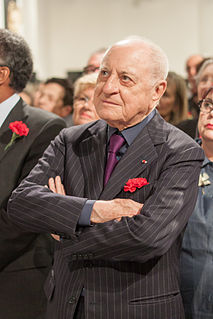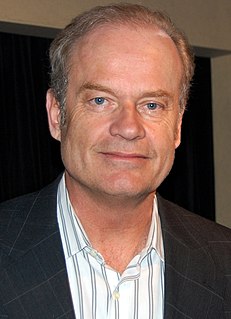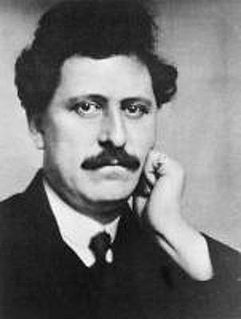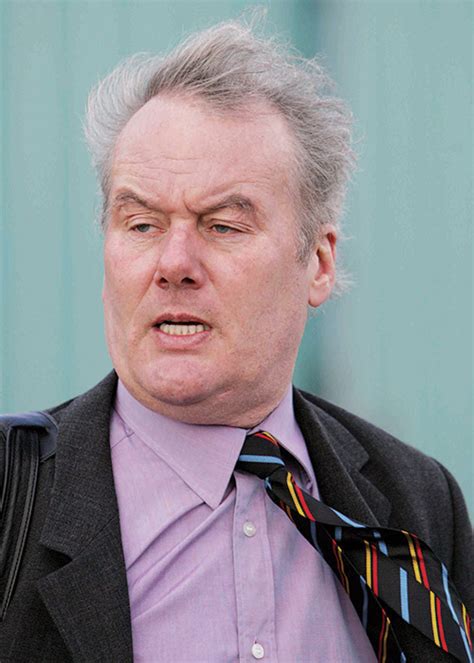A Quote by Tyler Cowen
Marcel Proust shut out visitors from his cork-lined room, where he wrote, but he probably expected to be immortalized in the literary canon. Even the most introverted drives and motives are set in a social context and amplified by the potential for achieving fame.
Related Quotes
I love Marcel Proust, but I leave him to his nostalgia. I don't approach art the way most people do. I don't get into Proust by imagining that I am Charlus or whoever. It's the same thing in painting - I try to look at it objectively. There's no pathos in that. It's like Bach's "Goldberg Variations." They have to be approached with a scalpel.
The idea of some kind of objectively constant, universal literary value is seductive. It feels real. It feels like a stone cold fact that In Search of Lost Time, by Marcel Proust, is better than A Shore Thing, by Snooki. And it may be; Snooki definitely has more one-star reviews on Amazon. But if literary value is real, no one seems to be able to locate it or define it very well. We're increasingly adrift in a grey void of aesthetic relativism.
I do study Marcel Proust, for multiple technical virtuosities but also his swerve, as you say, between characters and in scenes. Certain films can help for that, too, in terms of understanding how multiple conversations at a table, or in a room, can take place and remain separate, and dissonant, and also gather themselves, accidentally, into a collective rhythm and an affect.
Most people who have grown up introverted in this very extroverted culture of ours have had painful experiences of feeling like they are out of step with what's expected of them. Parenting can pose unique challenges for introverted parents, who fear that their own painful experiences will be repeated in their children's lives.
But I'm not a small-literary-novel kind of guy, and once I'd developed the world in the first couple of hundred pages, I felt that there was potential here to go on and write an engaging story set in that world. So that's what I did. This probably ruins things both for the people who want small literary novels and for those who want action-packed epics, but anyway, it's what I wrote.
Since the purpose of reading, of education, is to become good, our most important task is to choose the right books. Our personal set of stories, our canon, shapes our lives. I believe it is a law of the universe that we will not rise above our canon. Our canon is part of us, deeply, subconsciously. And the characters and teachings in our canon shape our characters--good, evil, mediocre, or great.
The same tantalizing guile and sublime skill....[The series is] reinforced in its claim to be one of the major literary works of this century....Only two other writers that this reviewer can think of have each created an entire, discrete and compelling world, a totally believable entity which one might wish to inhabit, and they are Joyce and Proust. It is not pretentious to place Patrick O'Brian in the first canon of literature.




































